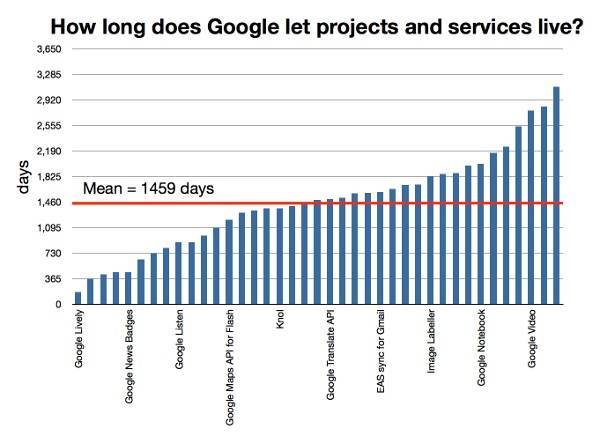Google wins book-scanning case: judge finds “fair use,” cites many benefits
Geege Schuman stashed this in Google
Stashed in: Google!, Intellectual Property, Books!, Lawyers!, Singularity!, Books, Libraries
In a ruling (embedded below) issued Thursday morning in New York, US Circuit Judge Denny Chin said the book scanning amounted to fair use because it was “highly transformative” and because it didn’t harm the market for the original work.
“Google Books provides significant public benefits,” Chin wrote, describing it as “an essential research tool” and noting that the scanning service has expanded literary access for the blind and helped preserve the text of old books from physical decay.
Chin also rejected the theory that Google was depriving authors of income, noting that the company does not sell the scans or make whole copies of books available. He concluded, instead, that Google Books served to help readers discover new books and amounted to “new income from authors.”
The ruling is being hailed on Twitter by librarians and scholars, who intervened in the case to urge the court to declare that Google Books was fair use — a four-part test that seeks to balance the rights of authors against broader interests of society.
Wow. Feels like the definition of Fair Use is expanding. Bad for owners, good for everyone else.
Heh heh - they should Snapchat the books, one page at a time.
Then we'd have to learn how to speed read!
More on this landmark decision:
When Google announced the book-scanning project in 2004, the idea captured the imagination of many in the tech world and academia. What if millions of books — including rare and out-of-print books — were made available on the Internet? Could the dream of a universal library — a mythical goal that has existed for two millennia since the destruction of the Library of Alexandria — finally be within reach?  For Google, it was a typically grandiose endeavor, undertaken under the leadership of company co-founder Larry Page, who made the effort one of his signature projects.
Google initially announced partnerships with several important academic institutions and libraries including Harvard, Stanford, Oxford, and the New York Public Library. In order to digitize their collections, Google began scanning thousands of print books, page-by-page, using sophisticated robotic cameras, some capable of digitizing 1,000 pages per hour. To date, Google has scanned more than 20 million books. (Harvard has since withdrawn from the project in favor of an academic effort called the Digital Public Library of America — but not until after Google had already scanned some 850,000 books from its collection.)
Read more: Google Books Vindicated by Federal Judge on Fair Use Grounds | TIME.com http://business.time.com/2013/11/15/google-just-won-one-of-its-most-important-victories-ever/#ixzz2kpqa9UEk
This truly will change the world.
And it might very well change libraries, too, since they too will now have access to all of these books.
Imagine a day not too long from now when everyone in the world has a tablet.
And everyone can access all of these books.
Wow.










7:21 AM Nov 15 2013